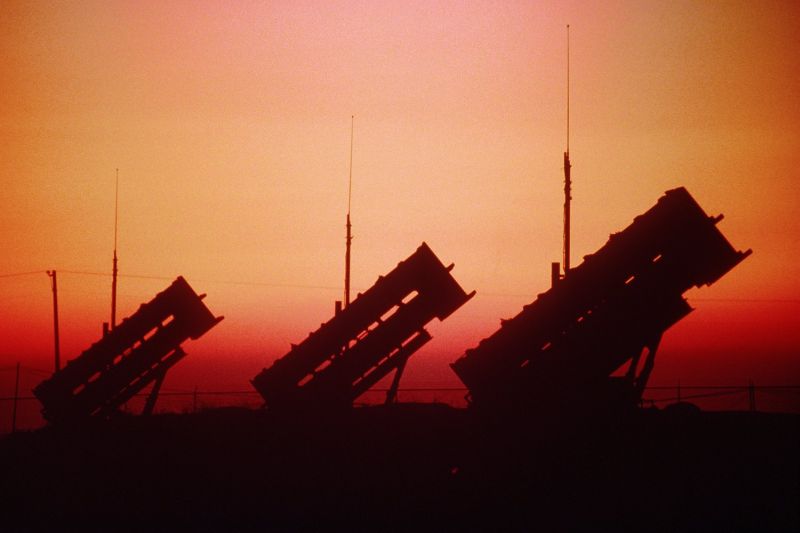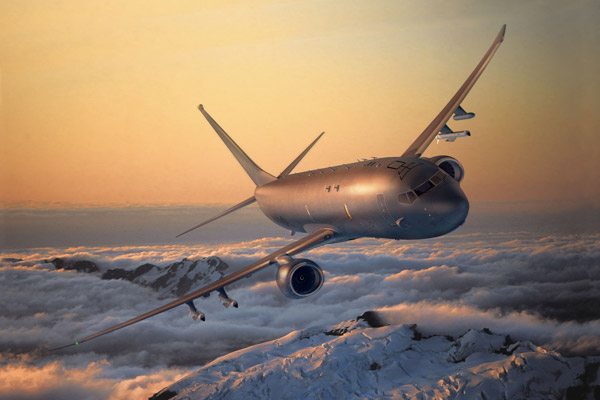Turkey would look again at a US bid for a multi-billion-dollar contract for the country’s first long-range anti-missile system providing Washington agrees to produce it jointly, a top Turkish official said Monday.
A “final decision has not been taken,” Turkey’s Foreign Minister Ahmet Davutoglu told reporters, after meeting in Washington with US Defense Secretary Chuck Hagel and Secretary of State John Kerry.
Washington has reacted angrily after Turkish decision-makers in September gave the green light to begin contract negotiations with the China Precision Machinery Export-Import Corporation (CPMIEC), which is under US sanctions for selling arms and missile technology to Iran and Syria.
CPMIEC, which makes the HQ-9 missile system, beat out competition from a US partnership of Raytheon and Lockheed Martin, Russia’s Rosoboronexport, and Italian-French consortium Eurosam for the deal, estimated at $4 billion (2.9 billion euros).
The United States has also complained that the Chinese system would not be compatible with other systems used by Turkey’s NATO allies.
But Davutoglu said there was “no political or ideological dimensions” to Turkey’s choice of the Chinese company, saying it had purely been based on Ankara’s three main criteria.
“We have three basic criteria, one is joint production the most important criteria because we want these … to be developed in Turkey and this is very valid request,” the minister insisted to reporters.
“Second is delivery time, because there are so many crises around Turkey and we want to have this system as early as possible, and third is the price.”
He stressed that Turkey would prefer to have a system from the United States and its NATO allies, but said that in the tendering process the American bid had come third behind both its Chinese and European competitors.
“It is not final decision,” Davutoglu said however, adding “it’s a competition. If there is a new proposal satisfying our needs by American company or European company we will make this deal with them.”
Turkish officials said there had been some indications in their meetings in Washington that the US bid could be modified to address Ankara’s concerns.
Meanwhile, Hagel told Davutoglu that the United States will meet Turkey’s request and extend the deployment of two Patriot batteries under NATO command along the border with Syria for another year.
“This renewal of the Patriot deployment is and will remain defensive only and represents a concrete demonstration of alliance solidarity and resolve,” a Pentagon spokesman Carl Woog said in a statement.











